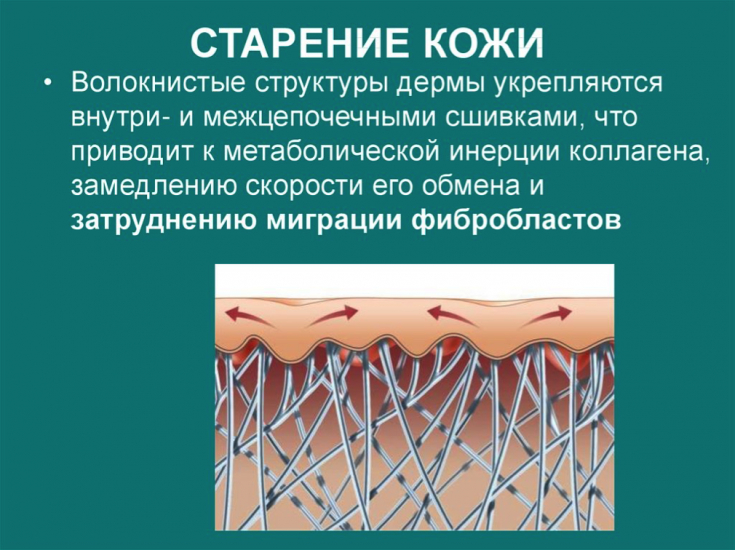Chronic inflammatory process as a result of prolonged exposure to stressful and toxic factors against the background of prolonged stress of the adaptive capabilities of the body's immune system over time can cause the development of a wide range of non-communicable chronic diseases − from Alzheimer's and Parkinson's to diabetes and cancer. It is now known and proven that it is possible to slow down the rate of biological aging of the body. However, the question of the range of reversal of states that are to some extent associated with aging processes remained unspecified.
In particular, the mutual influence of immunoreactivity and metabolic processes, which are amenable to change. Read about the study of possible methods for slowing down the rate of biological aging in the article on estet-portal.com
- study of molecular mechanisms associated with biological aging processes
- Background to Biological Aging Research
- reversal of biological aging processes
Study of molecular mechanisms associated with biological aging processes
A new study presented by scientists at The University of California, Berkeley, USA, reports on molecular mechanisms that act like a switch that directs and regulates the body's immune response cascade chronic inflammation process.
Follow us on Instagram!
According to the researchers, such a discovery may eventually lead to the development of new directions of therapy aimed at suppressing the development or even reversing many chronic non-communicable diseases, as well as the processes of biological aging of the body.
Background to research on biological aging
Previous research by a team led by Danica Chen, Associate Professor of Metabolic Biology, Dietetics, and Toxicology at the University of California, Berkeley, has demonstrated the potential for stem cell rejuvenation from the elderly.
The effect of ultrasound on tissues: the effectiveness of ultrasound therapy in cosmetology
Therefore, the aim of the subsequent research project was to explore the range of biological aging reversal possibilities.
To solve this problem, scientists have focused on the study of pathophysiological conditions, such as inflammation and insulin resistance, which are pathogenetically associated with degenerative processes and diseases, as well as biological aging of the body.
Thus, in their new work, the researchers presented evidence that the set of immunoproteins − NLRP3-inflammasomes, which are responsible for identifying potential threats in the body and act as a trigger for inflammation, can be deactivated by deacetylation. It is known that NLRP3-inflammasome hyperactivity is associated with the development of many chronic pathologies, including multiple sclerosis, oncological diseases, diabetes mellitus and dementia.

Based on the results obtained, the authors suggested that the use of drugs whose action is aimed at deacetylation, and, consequently, blocking NLRP3-inflammasomes, may be useful for slowing down the biological aging process and treating pathologies accompanied by age-related degenerative diseases. changes.
Lifting and lymphatic drainage: a double effect of skin rejuvenation

In the course of research and study of the characteristics of the molecular mechanisms of macrophage activity, it was found that a protein known as SIRT2 is responsible for the process of NLRP3 inflammasome acetylation. By observing laboratory rodents with a genetic mutation that predetermined blockade of SIRT2 expression, the researchers found that mature animals (≥2 years) showed significantly more signs of systemic inflammation compared to control group .
Reversal of biological aging processes
In addition, the researchers observed the state of rodents that underwent exposure to radioactive factors, followed by the restoration of their immune system with blood stem cells, and produced a deacetylated or acetylated NLRP3-inflammasome isoform. Animals implanted with the deacetylated (off-version) stem cells had better insulin sensitivity after 6 weeks. In fact, the obtained results indicate that blocking of the specified immune mechanism is capable of changing the direction of development of metabolic processes in the body.
My first injection procedure: what it should be
Summarizing the findings, the researchers noted the practical value of the data obtained for search for new approaches to slow down the biological aging process, as well as the treatment of major chronic human degenerative diseases. In addition, the authors stressed the importance of understanding the general principle of the reversibility of conditions associated with aging, which will allow this knowledge to be consciously used in the development of appropriate therapeutic strategies.
More interesting information on our YouTube-channel:







Add a comment